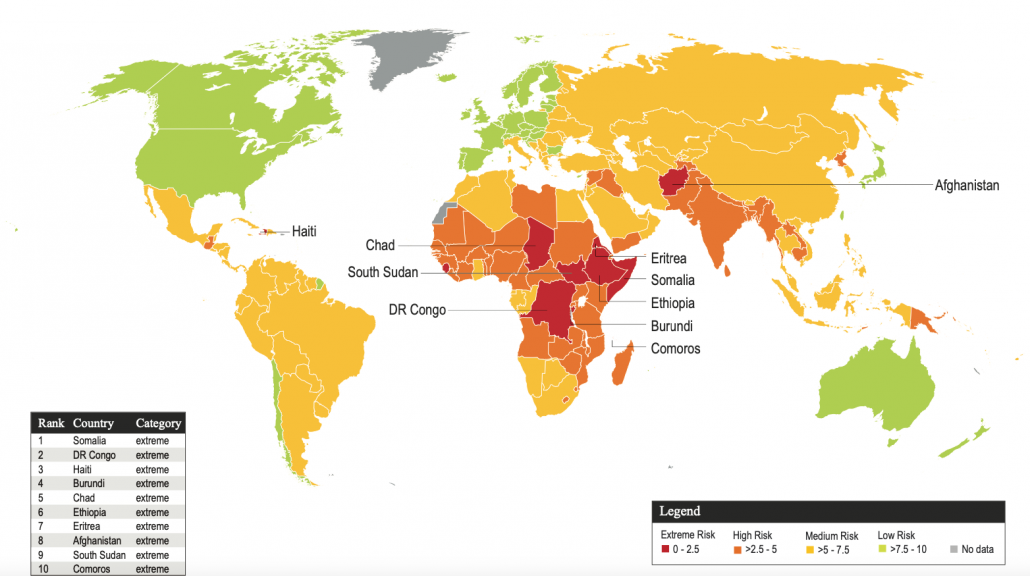
It doesn't matter how much weight or how fast you lose it. The simple answer to the long-standing question, "How much weight can I lose in a month?" is easy. The answer will depend on how healthy you are, but generally, losing just one week's worth (or less) of water weight is not enough to cause permanent damage. If you avoid processed carbs, fast food, and other junk foods, the five-pound loss period should last for a few months.
Guidelines for dietary management
It is a good idea to consult a professional when you are trying to lose weight. A weight loss plan should be customized to your specific needs and time frame. The less weight you lose per calendar month, the longer it is. If you have a lot of weight to lose, talk to a health care provider. Your provider may even refer you to a nutritionist for additional assistance.

Get into a routine
If you want to lose weight in a month, you can start a new exercise routine by incorporating cardio into it. You can do three sets of 12 reps for each exercise. Each set allows for sixty second breaks. If you're not interested in losing weight fast, you can also enjoy other types of exercise. Expert trainers can share their favorite workouts. Start by adding walking and jogging to your exercise routine. Each of these will burn 372 calories and improve your weight and muscle mass.
Calorie deficit
To answer the question, how much weight can you lose in a month by burning more calories than you consume, you need to know your body composition and your goals. While everyone aspires to have a beach body, a month-long calorie deficit may be difficult to maintain for everyone. You can achieve your goal in less than you think. Continue reading to learn more.
Tracking progress
It can be useful to keep track of your progress in losing weight over a month. Your progress can be tracked to identify any plateaus or obstacles. If you don’t get results quickly, you have the option to adjust your goal. It is possible to identify your weaknesses and make the necessary changes to improve your routine. Here are some suggestions to help keep track of your progress.
Avoiding fad diets
Fad diets that promise quick weight loss are not recommended for everyone. There are many reasons why you should avoid them. Fad diets neglect to address the root causes of weight gain such as lifestyle and dietary habits. Fad diets focus on a particular food and completely ignore the importance to eat healthy. Fad diets also often promote unhealthy eating habits and a lack or adequate intake of other macronutrients. This can lead to nutritional deficiency if these diets aren't accompanied by proper exercise.

Setting realistic expectations prior to embarking on a weight loss journey
Setting realistic expectations is key for successful weight loss. Many people set unrealistic goals and get disappointed when they fail to achieve their goals. It is important you understand what you can reasonably expect from your weight loss journey. This includes how much weight you can expect each week. Here are some things to remember:
FAQ
What should you eat while intermittent fasting?
To lose weight, the best thing to do is cut back on carbs. This means avoiding bread, pasta, rice and potatoes as well as other carbohydrate-based foods.
You'll also want to avoid eating too much protein because it keeps you full longer. You won't feel as hungry.
Instead, focus on foods that contain healthy fats, such as olive oil, avocado, nuts, and seeds. These foods help keep you satisfied for hours after eating them.
It's important to make sure you're drinking plenty of water, too. Water helps you stay hydrated, which makes it easier to burn fat.
Sometimes you may feel compelled to eat these foods even if you're not fasting. However, you don't have the right to succumb to these cravings. If you do, you could gain more weight than you lost.
Try to limit how many calories you eat each day. This will help prevent you from overeating. If you feel hungry, drink water and not reach for another snack.
It might sound counterintuitive at first, but it has been shown that this can help you slim down. One study published in Obesity showed that plain water was more nutritious than sugary drinks.
Drinking plain water also reduced hunger. Don't drink sweetened beverages if your goal is to lose weight. Stick to water.
To lose weight, you don’t have to count calories or restrict certain foods. Focus instead on small changes in your lifestyle.
Start by switching your regular breakfast sandwich for a bowl oatmeal. You can also swap out your afternoon cookie for a piece fruit.
These simple swaps will add up over time and help you shed pounds without spending hours in the kitchen.
Why is exercise important for weight loss?
The human body is an incredible machine. It was made to move. Whether we are walking, running, swimming, biking, lifting weights, playing sports, dancing, jumping rope, riding our bikes, or just standing still, moving our bodies helps us stay healthy.
Exercise helps to burn calories and improve muscle tone. This can make you feel more positive both physically and mentally. People may have heard that exercising is important for weight reduction. But how can this be true?
-
The exercise increases metabolism. When you're active, your body will use energy. Every time you move, your heart beats faster, blood flows to your muscles, and your lungs absorb oxygen. All these activities use energy. Your metabolic rate increases, which means you'll burn more calories while exercising. Calories refer to how much energy you use during physical activity.
-
Exercise reduces appetite. If you eat less while you are working out, you will naturally eat fewer calories throughout the day.
-
Strength is built through exercise. Muscle tissue needs more energy to function than fat tissue. Therefore, if you build lean muscles mass, you will not need as much food to maintain your current weight.
-
Exercise releases endorphins. Endorphins make you smile. When you exercise, endorphins are released into your bloodstream. Studies have shown that endorphins can block pain signals reaching your brain. This results in a feeling of wellbeing.
-
Exercise can boost self-esteem. Regular exercise leads to higher self-esteem. This leads to healthier lives.
If you want to lose weight, start with small changes. Add one of these tips today to your routine.
Why lose weight when you are 40 years old?
People over 40 should take care of their health and keep fit. It is crucial to find ways that you can stay fit throughout your entire life. This means regular exercise, healthy eating habits, not smoking, moderate alcohol intake, and regular exercise.
It is also important to understand that as we get older, our bodies change. Our bones start to weaken, and our muscles start to shrink. The best way to slow down the aging process is to take care of ourselves.
There are many benefits to staying healthy and fit as we age. These include:
-
Better sleep
-
Improved moods
-
Energy levels increase
-
Lower risk of getting cancer
-
A longer life
-
More independence
-
Better sex
-
Better memory
-
Improved concentration
-
Increased circulation
-
Stronger immune system
-
Less pain and aches
Statistics
- Among women, the increase in metabolic rate was nearly 4%, or 50 more calories per day (14Trusted Source (healthline.com)
- Another study found that 24 weeks of weight training led to a 9% increase in metabolic rate among men, which equated to burning approximately 140 more calories per day. (healthline.com)
- One 6-month study showed that simply doing 11 minutes of strength-based exercises 3 times per week resulted in a 7.4% increase in metabolic rate, on average. (healthline.com)
- It's estimated that half of all American adults attempt to lose weight every year (1Trusted (healthline.com)
External Links
How To
How to lose weight quickly without exercising
You can lose weight quickly by eating less calories than what you burn. This will cause your body to start burning fat stores for energy. Your body will start to reduce muscle tissue for energy if you don't eat enough calories. While you can still lose weight, if your diet doesn't include exercise, you'll likely lose even more muscle mass.
It is possible to lose weight fast and not have to exercise by reducing your calorie intake. People believe they must reduce their food intake to lose fat. This is false. To lose weight, you need to ensure that you are consuming fewer calories than your body is burning. How much food should you eat each day? It depends on what kind of activity you engage in daily. For example, a runner who walks 3 to 5 miles per day would only require 2,500 calories daily. One who sits at the desk all day would require 1,600 calories daily. Someone who exercises (e.g., lifting weights) daily would need around 1,600 calories.
If you are trying to lose weight, you should try to reduce your caloric intake. Many people think that they should eat less food because they feel like they're starving themselves. However, this is false. Your body doesn’t care about whether you’re hungry. It simply wants to function correctly. It is important to monitor your calorie intake in order to lose extra weight. There are many apps available online that allow you to monitor your calorie intake. These apps include MyFitnessPal and Calorie Counter.